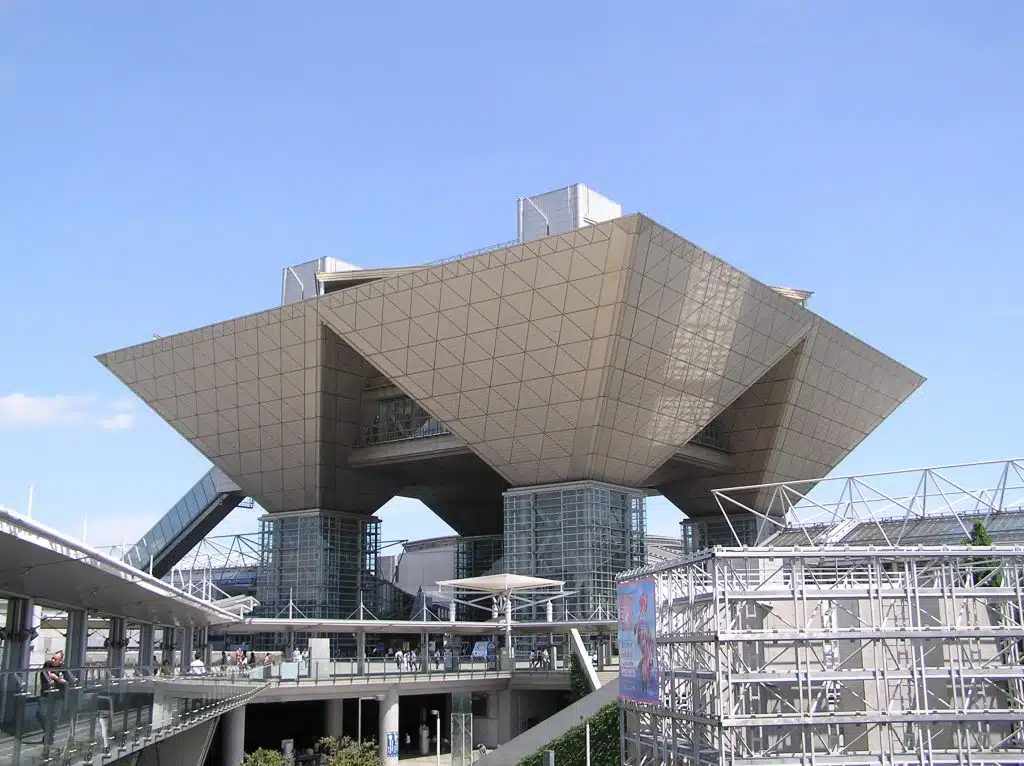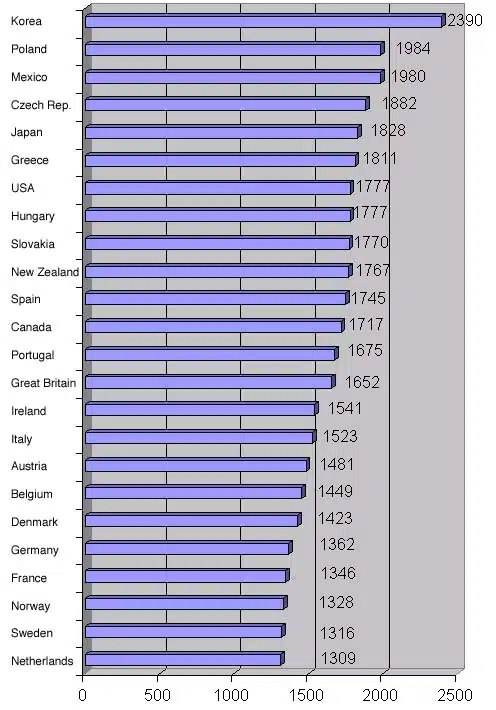Posted inQuestion about Japan
How many hours is considered full-time in Japan?
This article explores the definition of full-time work in Japan, the Japanese employment law surrounding full-time work hours, the average working hours for full-time employees in Japan, overtime and part-time work in Japan, benefits of working full-time in Japan, and challenges of working full-time in Japan. According to the Japanese Ministry of Health, Labour and Welfare (MHLW), a person is considered to be working full time if they are employed for 40 hours or more per week. The Japanese Labor Standards Act states that employers must not require their employees to work more than eight hours a day or forty hours a week. The Organization for Economic Co-operation and Development (OECD) reported that the average weekly working time for full-time employees aged 15–64 was 40.5 hours in 2018 in Japan. Working full time has many advantages such as job security, higher wages compared with part‐time positions , access to company benefits such as health insurance , paid holidays








